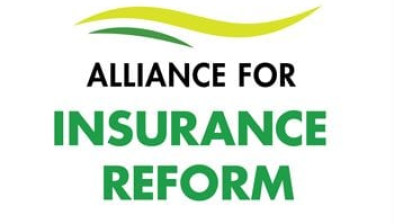Significant increase in Northern Ireland’s personal injury discount rate

Northern Ireland’s personal injury discount rate has been set at +0.5 per cent following a review.
The new rate is welcome news for insurers and bad news for personal injury claimants, being a significant increase from the -1.5 per cent rate set in March 2022.
Justice minister Naomi Long said: “It is important that those members of our society who have sustained serious injuries through no fault of their own are fully compensated for their future financial loss, whilst also ensuring that the way this is calculated is fair to defendants.
“Given changing economic conditions, it is a benefit to both claimants and defendants that the discount rate is reviewed on a regular basis to make sure this important calculation remains as accurate as possible, in order that the principle of 100 per cent compensation — no more and no less — is maintained in Northern Ireland.”
The Government Actuary said the increase is primarily due to an increase in projected investment returns since the last review in March 2022.
The next planned review of the discount rate will commence in July 2029.
Clyde & Co partner Paddy Connolly said: “This is good news for our insurer clients who had been hoping for a return to a positive discount rate. It is a move of two per cent in Northern Ireland which will see a significant change to damages payable for future losses in our jurisdiction.
“The announcement comes on the same day that the new PIDR for Scotland was also revealed, where it also being set at +0.5 per cent, an increase from -0.75 per cent.”
He added: “In both countries the new rate better reflects the improved market conditions within which claimants have been investing their damages. Hopefully England and Wales will follow with a similar change.”
The Association of Personal Injury Lawyers (APIL) expressed disappointment.
Oonagh McClure, APIL executive committee member for Northern Ireland, said: “This increase in the discount rate has potentially significant consequences for any one of us who may suffer life-changing injuries because of the negligence of others.
“It is now even more likely that a catastrophically injured person will not receive full compensation and therefore be unable to meet the costs of their necessary care and support. Victims of negligence, who have already been through so much, should not have to face financial pressure to have their basic needs met.
“Injured people are particularly susceptible to the rising costs of living we’re seeing across the board, which includes increases to carer wages and the cost of specialist aids and equipment, for example.”







